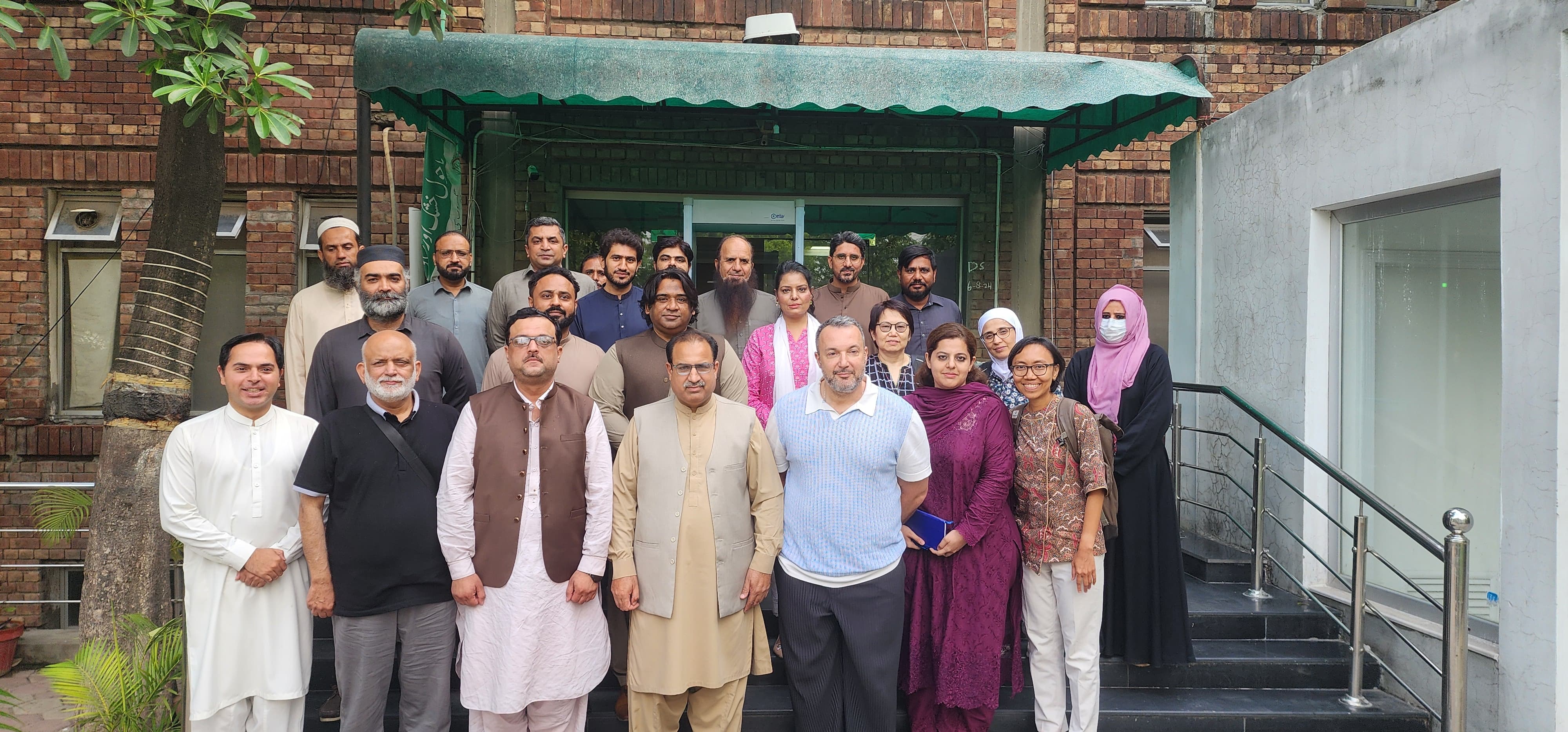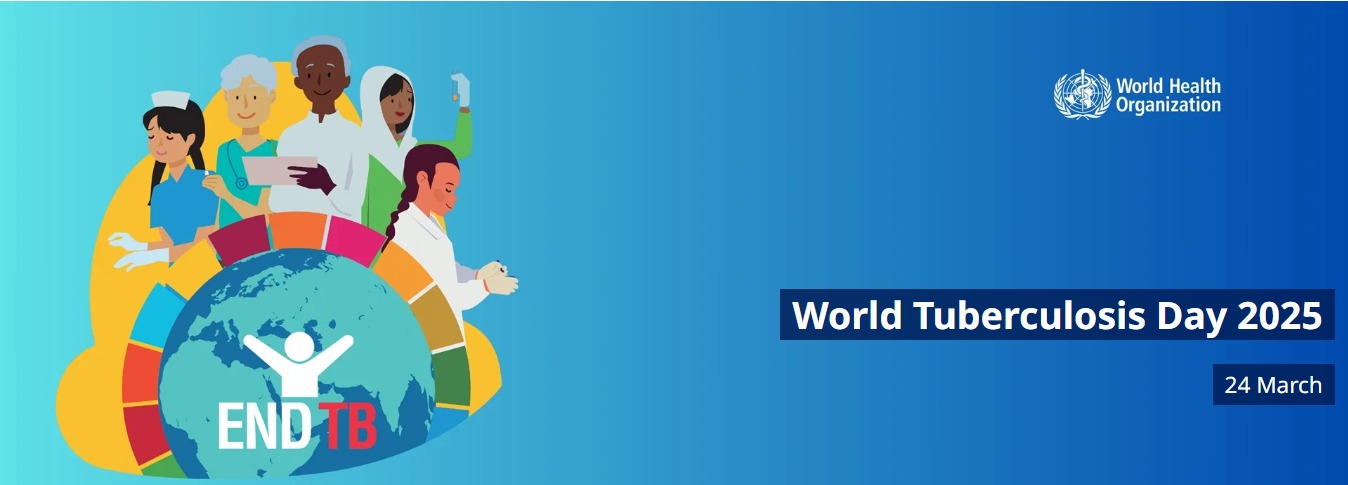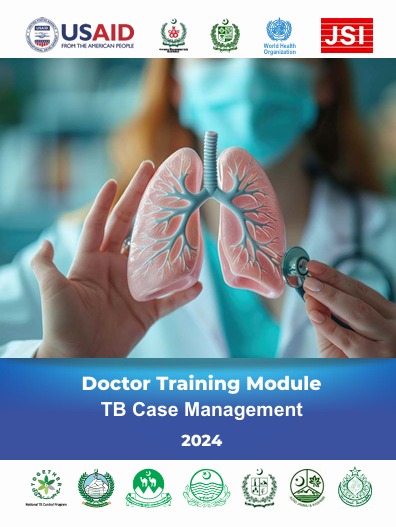The Global End TB Strategy 2023-2030 is a comprehensive plan to end TB as a public health threat by 2030. It aims to reduce TB deaths by 95% and new cases by 90% between 2015 and 2035. Pakistan, as a high-burden country, has committed to implementing this strategy through enhanced case detection, treatment, and prevention measures. The goal is to ensure no family suffers due to TB and to build a sustainable TB control program.
Global End TB Strategy 2023 to 2030 PAKISTAN
Pakistan, known for its rich culture and lively people, is fighting a tough battle against tuberculosis (TB). The world is coming together to fight this disease, and Pakistan is joining the fight. It has promised to follow the Global End TB Strategy, aiming to be free from TB by 2030.
The Global End TB Strategy is a plan made by the World Health Organization (WHO). It helps countries like Pakistan to better fight TB. Pakistan wants to tackle TB from all sides, including its impact on society and healthcare.
Key Takeaways
- Pakistan’s commitment to the Global End TB Strategy aligns with the Sustainable Development Goals (SDGs) for 2030.
- The strategy aims to guide Pakistan in its efforts to combat the tuberculosis epidemic and work towards a world free from the burden of this infectious disease.
- The comprehensive approach addresses various aspects of the TB challenge, including disease burden, socioeconomic impact, healthcare infrastructure, and key barriers to effective control.
- Pakistan’s dedication to the Global End TB Strategy reflects its determination to improve the health and well-being of its citizens and contribute to the global fight against tuberculosis.
- The successful implementation of the strategy in Pakistan will have far-reaching implications for public health and economic development within the country.
Pakistan’s Current Tuberculosis Landscape and Challenges
Tuberculosis (TB) is a big problem in Pakistan. It affects the country’s health system and economy. Pakistan is fifth in the world for TB cases.
Disease Burden and Socioeconomic Impact
Pakistan sees over 500,000 new TB cases every year. TB hurts people who can work, causing them to lose income. This makes it hard to fight poverty.
Healthcare Infrastructure Assessment
Pakistan’s healthcare system has big challenges in fighting TB. Despite efforts, it’s hard to get TB care to everyone. This is especially true in rural areas.
Key Barriers to TB Control
Many things make it hard to control TB in Pakistan. There’s not enough testing, and people don’t always finish treatment. Poverty also makes it hard to get help early.
| Indicator | Value |
|---|---|
| TB Incidence Rate (per 100,000 population) | 277 |
| TB Mortality Rate (per 100,000 population) | 27 |
| TB Treatment Success Rate | 94% |
“To beat TB in Pakistan, we need a big effort from everyone. We must improve healthcare, strengthen public health, and tackle poverty.”
TB, END TB Strategy, 2030, SDG, PAKISTAN: Strategic Framework and Implementation
Pakistan is working hard to meet the 2030 targets and follow the Millennium Development Goals (MDGs). The country’s plan for managing tuberculosis (TB) is more focused than ever. It aims to fight infectious disease management, antimicrobial resistance, and use strong public health interventions.
Pakistan’s TB strategy is centered on the End TB Strategy. This global plan sets clear goals for 2030. Pakistani health officials are ready to make big changes in fighting TB.
Key parts of Pakistan’s plan include:
- Improving diagnostic capabilities to find and treat TB early
- Ensuring access to quality-assured anti-TB medications and tackling antimicrobial resistance
- Starting targeted interventions to help those most at risk and tackle health issues
- Working together across sectors with government, private healthcare, and community groups
- Investing in research and innovation to guide policy and program design
Pakistan is using a detailed plan to fight TB and meet the Sustainable Development Goals (SDGs) for 2030. This plan tackles both the medical and social sides of TB. It aims to have a big impact on Pakistan’s people.
“Tuberculosis remains a significant public health concern in Pakistan, but with a well-designed strategic plan and the commitment of all stakeholders, we can envision a future where this disease is no longer a burden on our communities.”
Conclusion
Pakistan is dedicated to fighting tuberculosis with the Global End TB Strategy. The country has seen great progress in tracking the disease, improving healthcare, and making treatment more accessible. Yet, the fight against TB is still ongoing.
To reach the goal of eradicating TB by 2030, Pakistan must keep up its efforts. It needs to invest in new technologies and community programs. This will help overcome the challenges and ensure everyone has access to care.
The journey to a TB-free Pakistan will be tough, but it’s possible. The government, healthcare workers, and people of Pakistan are all working together. By focusing on global health and empowering communities, Pakistan can lead the fight against TB and inspire others.
FAQ
What is the Global End TB Strategy?
The Global End TB Strategy is a plan by the World Health Organization (WHO). It aims to stop tuberculosis (TB) by 2030. It also matches the Sustainable Development Goals (SDGs) to cut TB cases, deaths, and costs for families.
How is Pakistan committed to the Global End TB Strategy?
Pakistan is serious about fighting TB. It has promised to work on TB control, following the End TB Strategy. This shows the country’s dedication to tackling TB as a major health issue.
What are the key challenges in Pakistan’s tuberculosis landscape?
Pakistan faces big challenges in fighting TB. These include a high TB rate, poor healthcare, and limited access to TB care. Also, social issues help spread TB. Overcoming these is key to meeting the End TB Strategy’s goals.
How is Pakistan’s strategic framework for implementing the End TB Strategy?
Pakistan has a detailed plan to fight TB. It matches the SDGs for 2030. The plan aims to improve healthcare, increase effective actions, fight antibiotic resistance, and make TB care available to everyone.
What are the key targets and interventions in Pakistan’s End TB Strategy?
Pakistan wants to cut TB cases and deaths by 2030. It plans to find more TB cases, improve treatment, tackle social issues, and work with other sectors. This will help fight TB well.



0 Comments